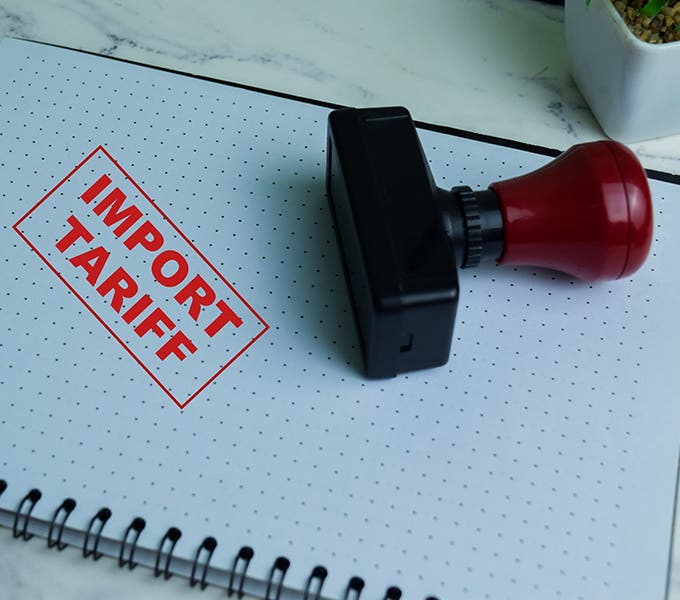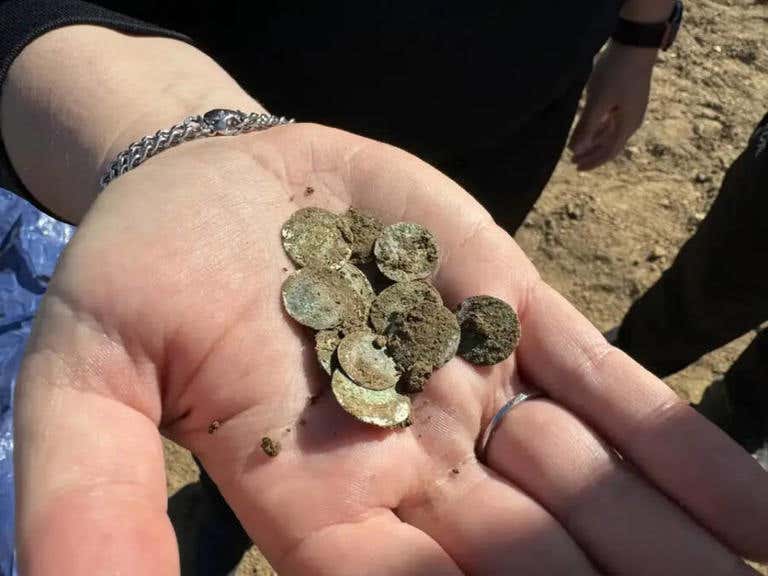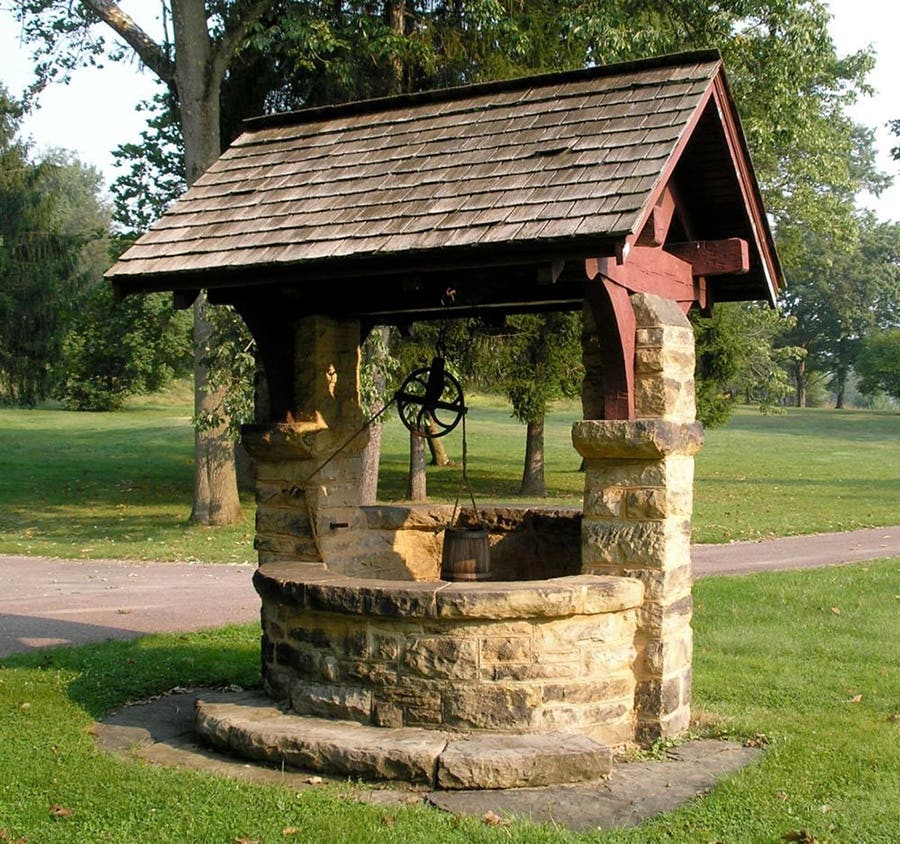Take Delivery of Your Precious Metals
Purchasers of physical precious metals should always take reasonably prompt delivery of their acquisitions so as not to be taken advantage of by unscrupulous dealers
Last week, the U.S. Justice Department sent out its latest news release announcing the conviction of another seller of precious metals bullion who offered customers free storage, then didn’t use the funds to purchase the products supposedly bought by the customers.
In this case, the dealer was ordered to pay $153 million in restitution to 568 victims. You can read the news release here.
This isn’t the first time that a precious metals dealer has taken advantage of customers by offering “free storage” or a “discounted price for delayed delivery.” Sadly, it will probably not be the last time, either.
As I have advised for decades, for their own protection, purchasers of physical precious metals should always take reasonably prompt delivery of their acquisitions. If buyers have these items in their direct custody or arrange for storage in a safe deposit box under their own name, they know that they have the goods.
Should a purchaser not want to bother with having direct custody of precious metals, nor bother with a safe deposit box storage, another option would be to open up an account in their own name at one of the specialized precious metals depositories to use for storage.
Remember, if you store precious metals bullion in an account under someone else’s name, whether a precious metals dealer or a friend or relative, there is a high risk that you really don’t own these assets!
However, even using a precious metals depository could lead to problems and complications down the road. The least expensive form of depository storage is “unallocated.” What this means is that the depository will commingle your purchases with those of other customers. If you later seek to withdraw or sell your holdings, it is unlikely that what would be transferred would be the exact same coins or ingots that the depository originally received on your behalf. Instead, it would be “equivalent” fungible items.
There is a huge problem of unallocated storage, that was especially highlighted during the 2011 bankruptcy of MF Global. Assets in unallocated storage are not owned by the party who arranged to have them stored there. Instead, these assets are considered to be owned by the company operating the depository, which means they are subject to third-party claims filed against the depository. In the MF Global bankruptcy, those who had precious metals in unallocated storage at that company lost everything or almost everything.
The safest form of depository usage is segregated storage. In this arrangement, the specific items received on behalf of the customer are kept separate so that the exact same items are delivered when later sold or withdrawn. In segregated storage, the customer has title to the assets, not the depository. Third-party claims against the depository cannot be covered by assets in segregated storage.
The history of some precious metals businesses victimizing customer by offering free storage or a discount price goes back decades. During the bullion boom of 1979-1980, the International Gold Bullion Exchange offered both free storage and discounted prices to customers. After the company filed for bankruptcy in April 1983, law enforcement found almost no precious metals assets. They did, however, discover wooden blocks that were painted the color of gold. At the time of closing, the company owed 23,000 customers around $75 million.
The head of Bullion Reserve of North America committed suicide in September 1983, the day after New York’s attorney general’s office asked him to provide information on customer accounts. Of a possible $60 million owed to 35,000 customers, less than $1 million in actual precious metals were found.
National Safe Depository Corp. in Seattle was closed by the State of Washington in 1987. Owner Steven G. Baldwin was convicted in 1991 of defrauding $1.25 million from 100 customers who thought they had purchased physical silver or interest-bearing silver certificates that were being stored in the depository.
Craig Rhyne opened Rhyne Precious Metals in Seattle 1974 and operated it successfully for almost 15 years. When business slowed, he started defrauding customers by offering free storage for precious metals that were never purchased. The company shut down in July 1996. In February 1997 Rhyne was convicted of defrauding customers of about $3.6 million. An auction of the contents of the store only raised $280,000 to cover customer losses.
In July 2021, Ross Hansen, the former president and CEO of Northwest Territorial Mint, was convicted of 14 federal felonies of defrauding 25,000 customers of more than $25 million in a wide variety of ways, including excessively long delivery delays of customer purchases. The company had filed for bankruptcy on April 1, 2016.
There have been other unscrupulous dealers who have victimized customers with similar practices. The best way to protect yourself from such companies is to take reasonably prompt delivery of your precious metals purchases.
Unfortunately, in times of high demand for precious metals, longer than usual delivery delays can be the norm. So, how would buyers protect themselves from being victimized by a dealer who claims slow delivery is a result of high demand?
The best solution is to check with multiple dealers. If they all are quoting about the same delivery delay, that signals that the delay is real. However, if one dealer states a shipping delay far longer than all other dealers, it would be best to avoid that one dealer – despite any enticement of a discount price or free dealer storage.
Patrick A. Heller was honored as a 2019 FUN Numismatic Ambassador. He is also the recipient of the American Numismatic Association 2018 Glenn Smedley Memorial Service Award, 2017 Exemplary Service Award, 2012 Harry Forman National Dealer of the Year Award and 2008 Presidential Award. Over the years, he has also been honored by the Numismatic Literary Guild (including twice in 2020), Professional Numismatists Guild, Industry Council for Tangible Assets and the Michigan State Numismatic Society. He is the communications officer of Liberty Coin Service in Lansing, Mich., and writes Liberty’s Outlook, a monthly newsletter on rare coins and precious metals subjects. Past newsletter issues can be viewed at www.libertycoinservice.com. Some of his radio commentaries titled “Things You ‘Know’ That Just Aren’t So, And Important News You Need To Know” can be heard at 8:45 a.m. Wednesday and Friday mornings on 1320-AM WILS in Lansing (which streams live and becomes part of the audio archives posted at www.1320wils.com).








